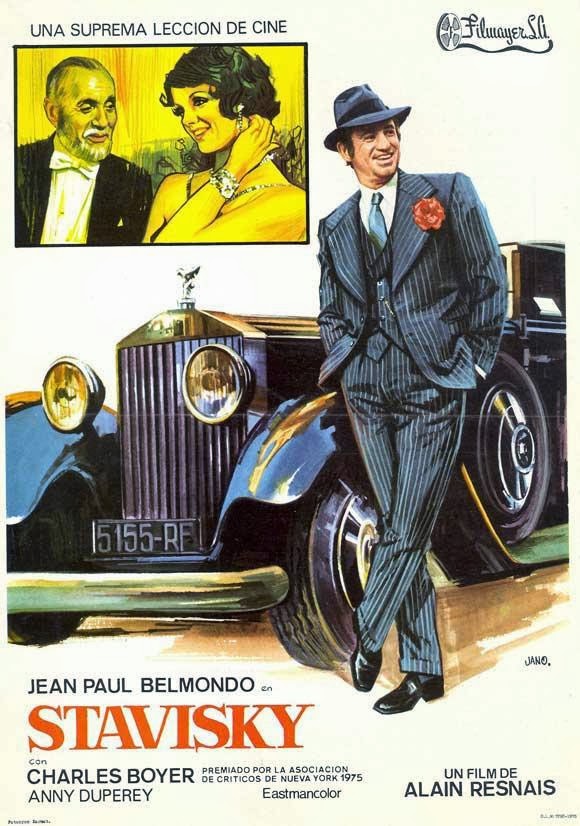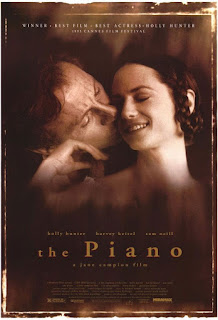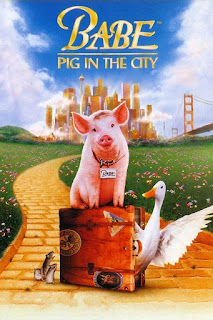March 11th: STAVISKY (Alain Resnais, 1974)
During the 1930s, an high society embezzler causes scandal, riots, and government upheaval in France.
Alain Resnais is one of the key figures of the French New Wave's "Left Bank" group of directors, known to be more formally experimental than their more famous Right Bank counterparts such as Jean-Luc Godard and François Truffaut. After a highly-praised documentary about the Nazi concentration camps, he rose to international prominence with Hiroshima Mon Amour and Last Year At Marienbad, a pair of landmark, award-winning films playing with narrative form that also established a career theme about memory and varying perspectives of the past.
Resnais returned to filmmaking after a 5-year break with a more conventionally structured film, in a variation of the biopic. Screenwriter Jorge Semprun was commissioned by actor Jean-Paul Belmondo (Breathless, Pierrot Le Fou) to work on a script of the infamous financier Stavisky, who was connected tangentially to the Spanish Civil War, the subject matter of Resnais' previous film (also written by Semprun).
The film was shot primarily in Paris and Biaritz, drawing much influence from 1930s filmmakers, particular comedy/musical trailblazer Ernst Lubitsch. The camerawork and editing processes were restrained to the techniques available during that time period. The influence of silent cinema can also be seen.
In addition to Belmondo, the cast features Michel Lonsdale (Truffaut's Stolen Kisses, Spielberg's Munich), and Hollywood/French veteran Charles Boyer (Gaslight, Love Affair). The cinematography is by one of the New Wave's finest, Sacha Vierny (Last Year At Marienbad, Belle du Jour). Tony award-winning composer Stephen Sondheim contributed the musical score.
The film was a box office success in France, though critical response there and abroad was mixed compared to earlier Resnais works. Charles Boyer received a special prize at the Cannes Film Festival where it premiered, as well as a supporting actor award from the New York Film Critics Circle.
Running time is 2 hours.










Comments
Post a Comment